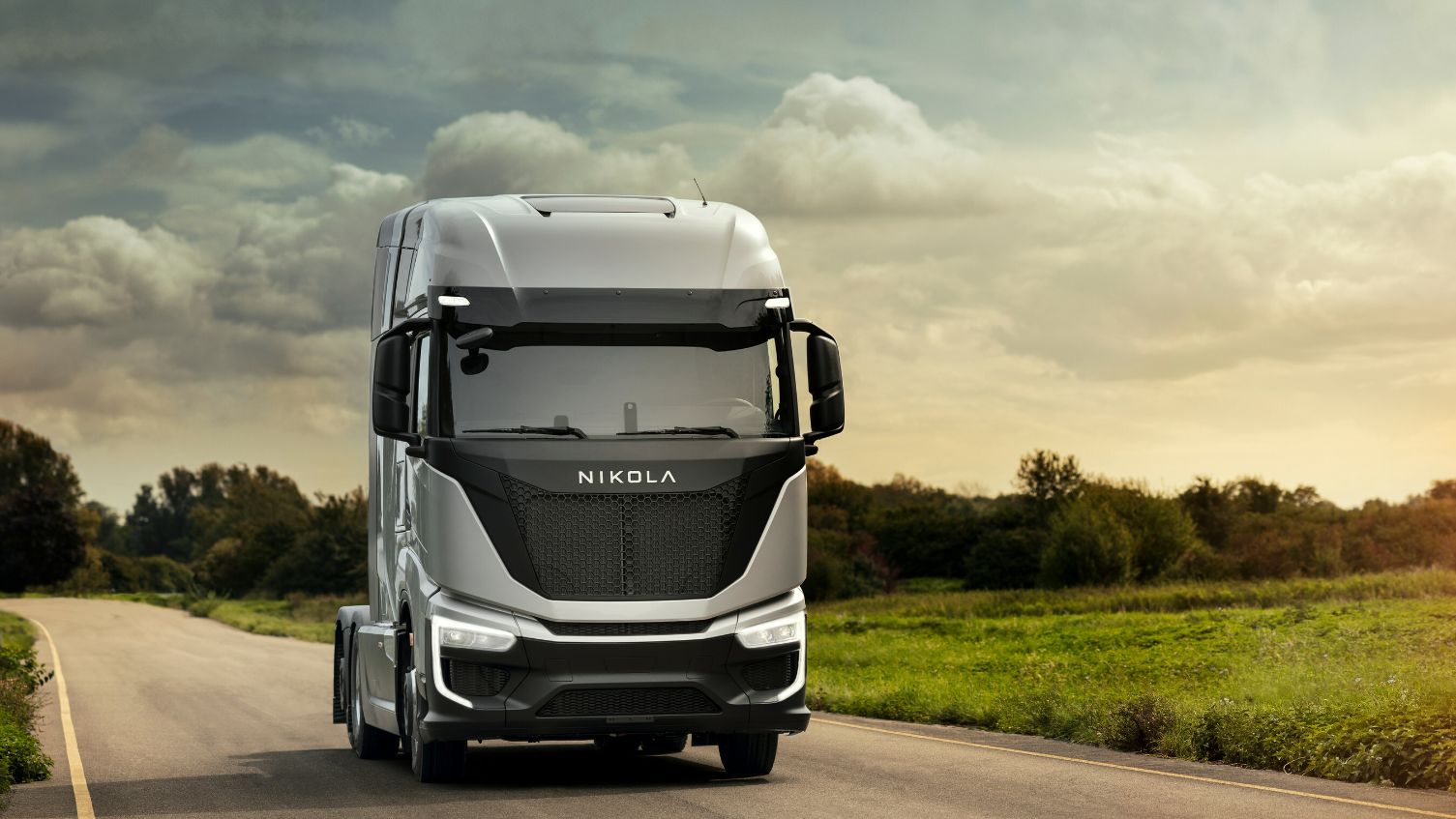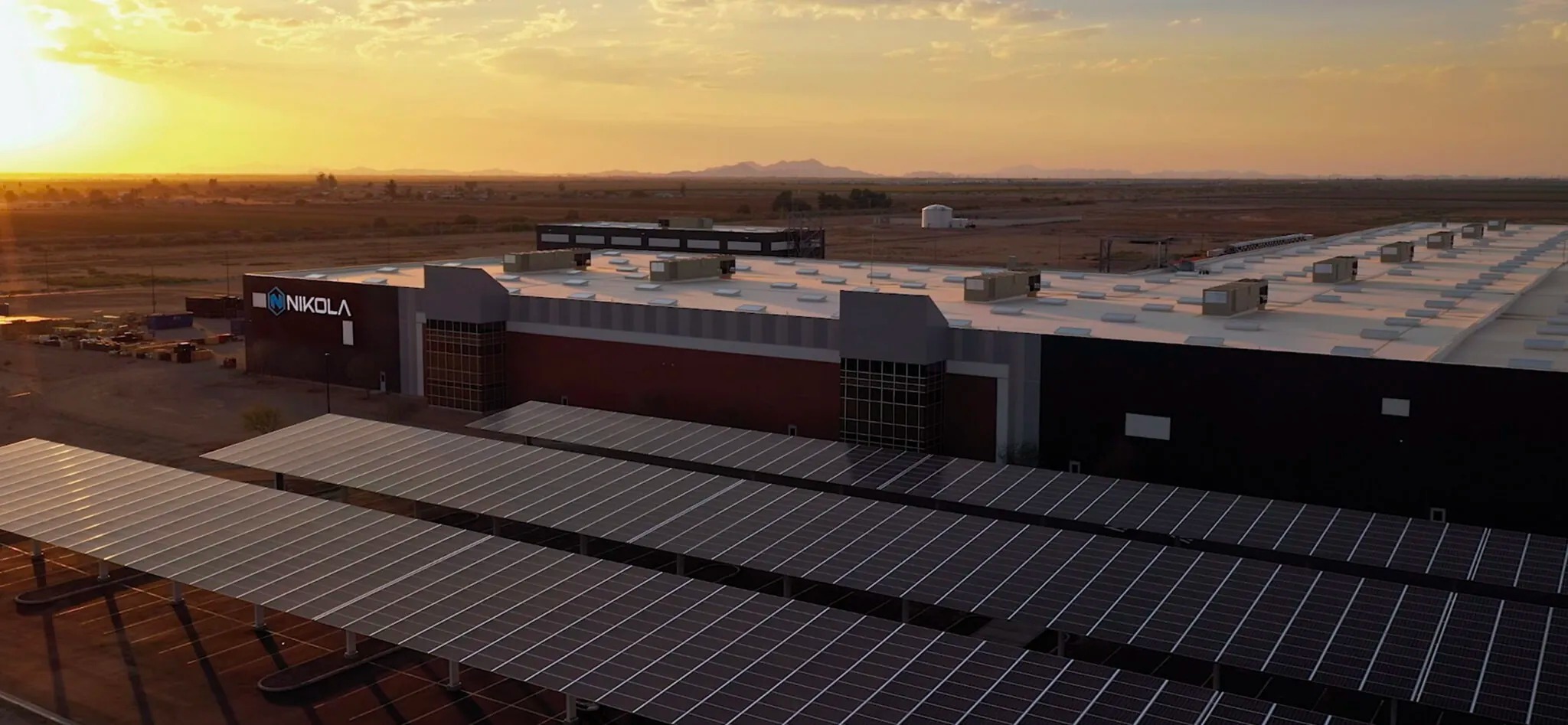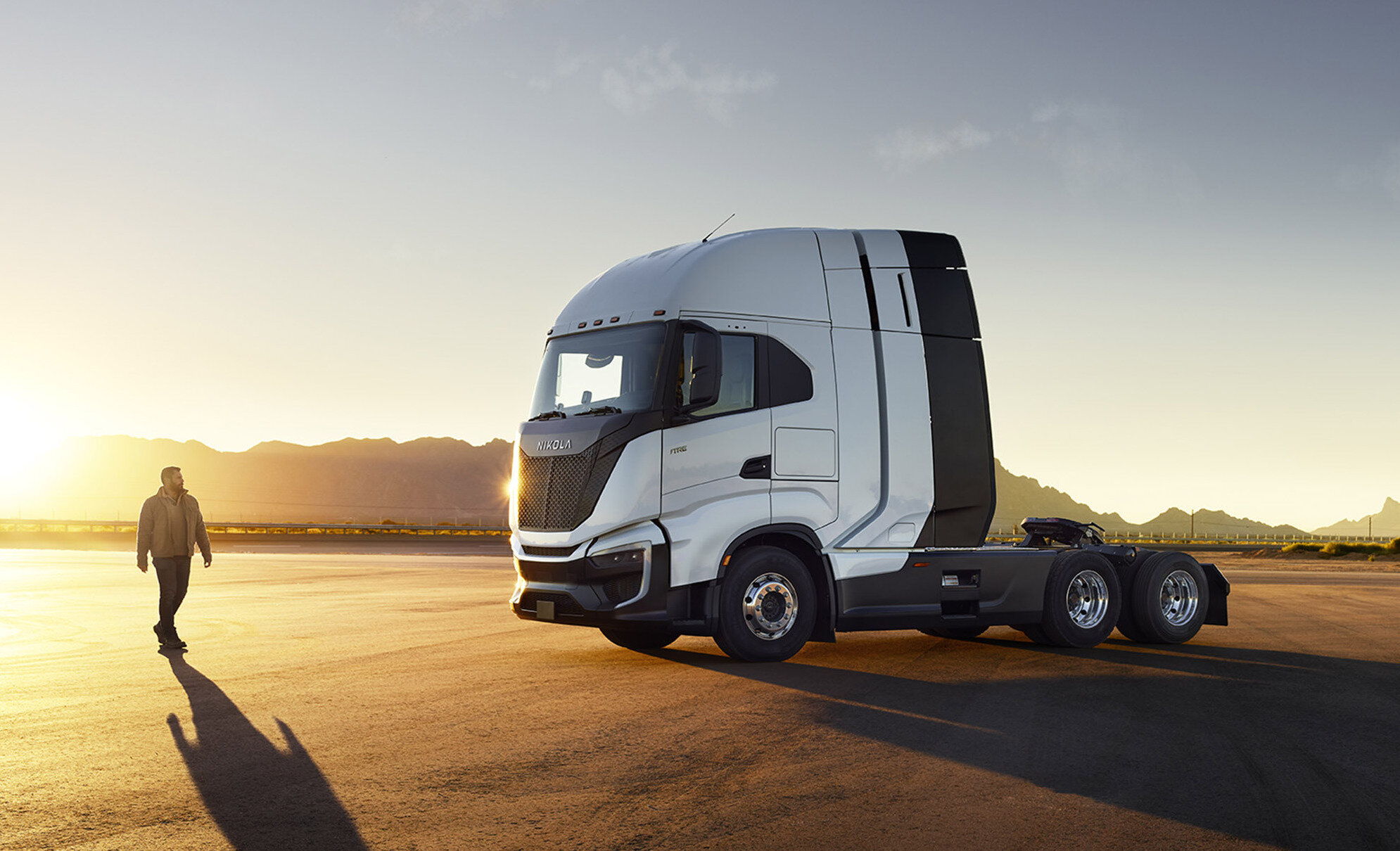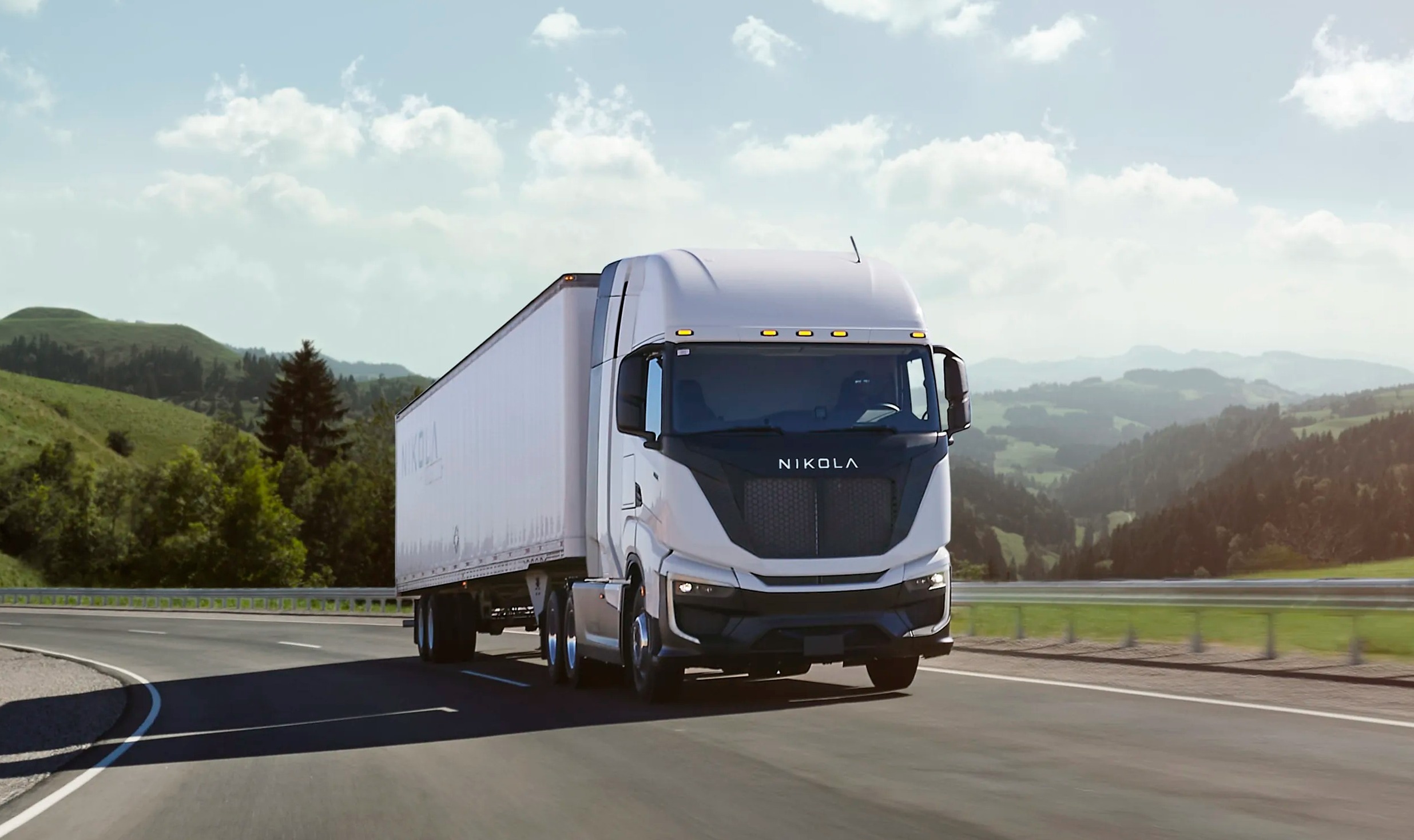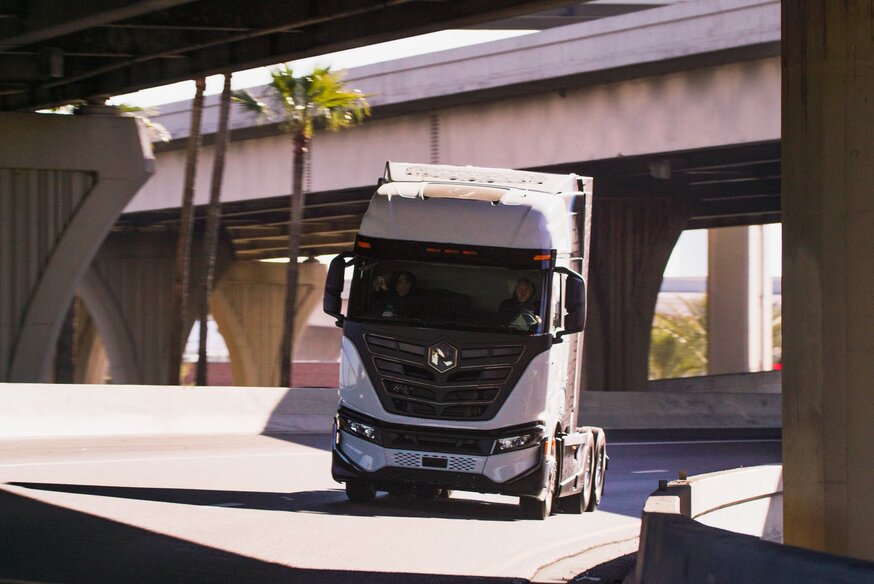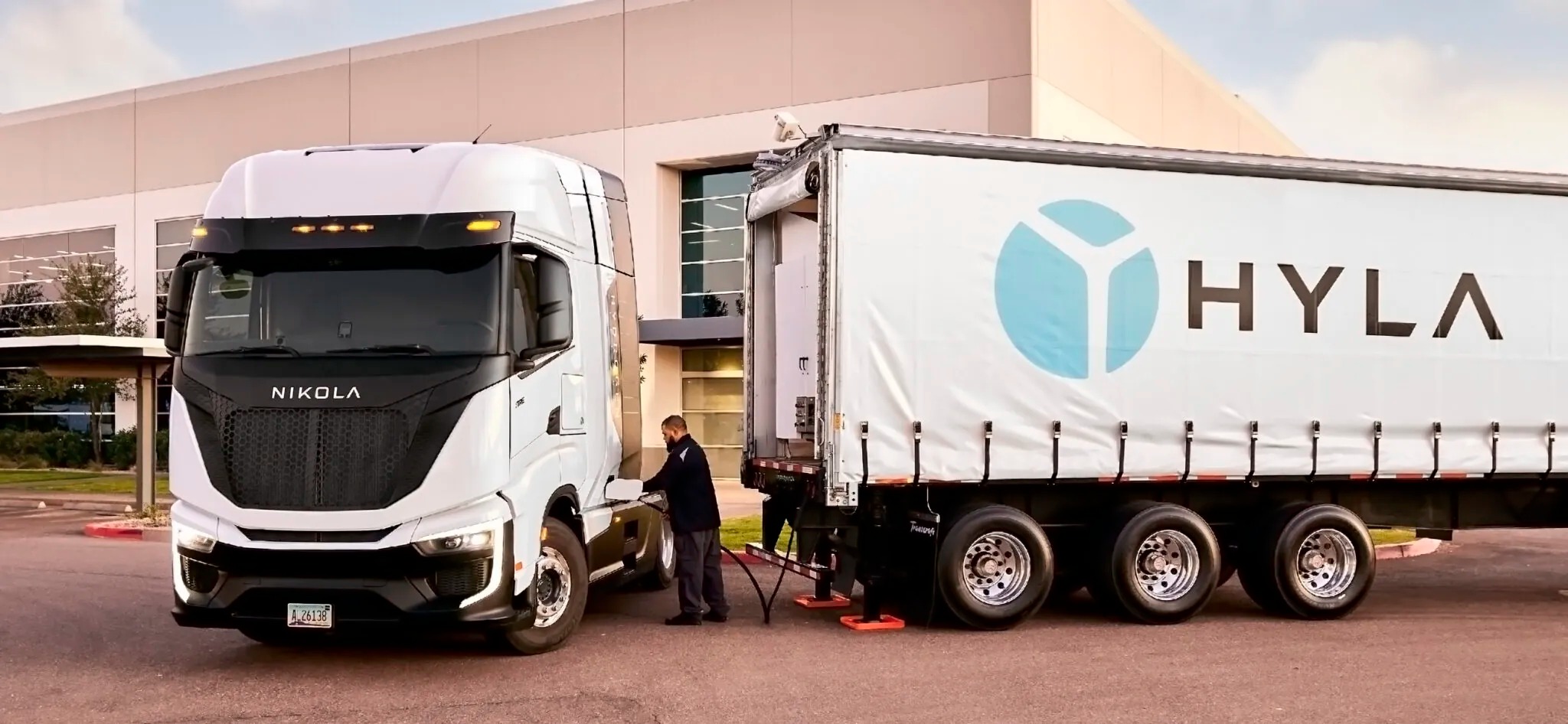Lion Electric (LEV) has filed a civil lawsuit against electric vehicle (EV) maker Nikola Motors (NKLA) in the US District Court for Arizona on March 2, accusing the company of attempting to steal its customers.
The filing claims that Nikola attempted to poach Lion Electric’s clients after breaking its battery pack purchase agreement with the company. Lion Electric designs, manufactures, and assembles various components for its vehicles, but sought a partner to supply battery packs for its new Lion 8T (class 8) truck.
In November 2020, Lion Electric entered into a $234 million purchase agreement with Romeo Power to supply battery packs for 296 Lion 8T trucks. Under the agreement, Romeo was obligated to sell Lion the battery packs at agreed-upon prices and ensure an uninterrupted supply to Lion.
See also: Nikola Plans to Launch Hydrogen Fuel Cell Trucks in Promising Canadian Market by Next Year
However, in late May 2022, Romeo raised prices by approximately 65% over the ceiling price stated in the agreement. After Nikola acquired Romeo on August 1, the EV maker announced that it would terminate Romeo’s supply agreements with its other customers within six months. In October, Romeo claimed that it could not deliver the promised battery packs to Lion, rejecting the order and violating the terms of the agreement. On December 7, Romeo sent a written notice to Lion alleging technical difficulties as the reason for terminating the agreement.
Lion Electric has since begun producing its own lithium-ion batteries. The company’s lawsuit claims that the actions of Romeo and Nikola have inflicted “substantial damages,” including the risk of future Lion 8T orders. The filing also accuses Nikola of contacting Lion’s existing customers, offering to sell them its electric vehicles in place of Lion’s after allegedly telling them about Lion’s inability to acquire battery packs for the Lion 8T trucks, which was due to Nikola’s conduct.
The outcome of this lawsuit could have significant implications for the EV industry, particularly for companies that rely on battery suppliers. The case underscores the importance of maintaining supply chain agreements and honoring contractual obligations to ensure the smooth functioning of the EV ecosystem.

